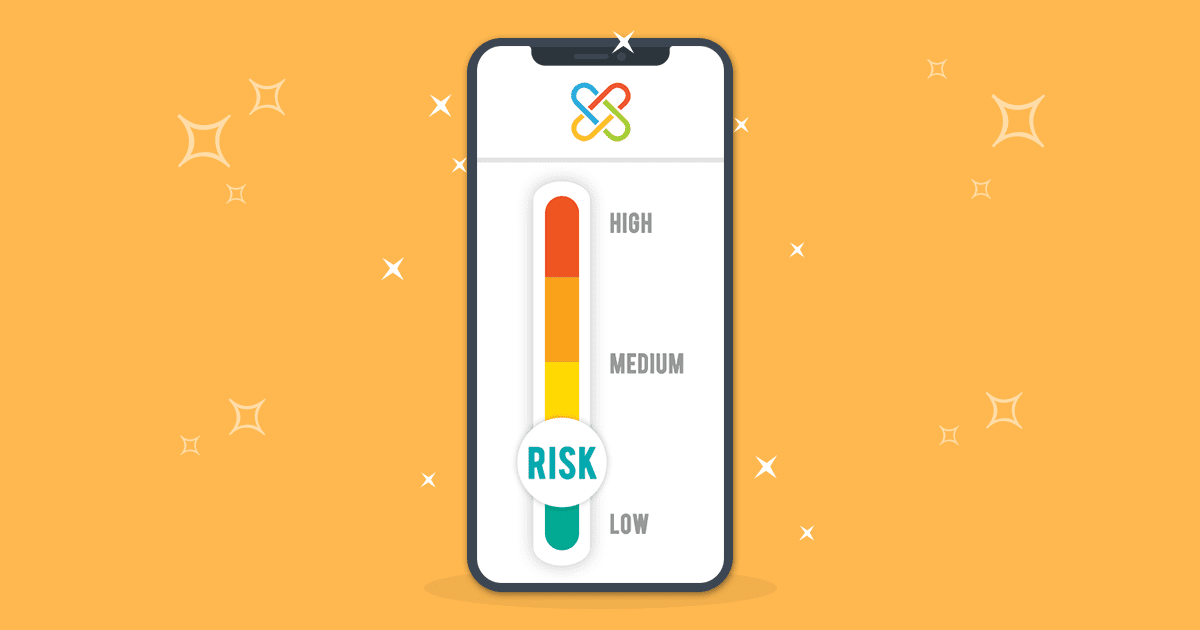In the age of social media – where a quick Tweet could result in a PR nightmare – ensuring that your next event isn’t dubbed “The Fyre Festival of ______” is more important than ever. It seems obvious, but planning for any potential disaster that could occur at your event is such an integral part of overall execution, and will help you plan future events with ease. Read on for these tips on planning for chaos:
It’s okay to be redundant
You may have the most beautiful outdoor venue lined up and ready to go – but what if it rains? There might be an incredible keynote speaker set to wow your audience – but what if he or she is sick or has a delayed flight? The lunch menu might have a show-stopping salad appetizer – but what if there is another lettuce recall? Understanding the ‘what ifs’ and planning alternative methods for execution is paramount to avoid disaster on such a short notice. One great way to better assess risk is to analyze similar events you’ve run previously (assuming you had been using an all-encompassing event registration management software – that would make things way easier!) and take into account things like average check-in time, session attendance, and total attendees. No matter how crucial each component of your event happens to be, it’s important to coordinate that indoor venue, have a backup keynote speaker on standby, and arrange another appetizer – just in case.
Trust your team – but make sure the right people are in place
Having the right people spearheading different parts of the event is crucial for flawless execution. Be aware of any ‘weak links’ within your event team and pay extra attention to them. That’s not to say that the team you have in place is less-than-capable, but perhaps you’re working with a new catering company, a different transportation company, or a brand new venue. Avoid confusion and miscommunication by keeping the lines of communication opened with each of these contacts (and giving them access to each other where applicable). You’ll not only give yourself peace of mind, but you’ll also be able to redirect your focus to other tasks.
Know your vision and work to achieve your goal
What are the main goals of your event? Having a clear vision of how you want your event to run will help immensely when figuring out what could go wrong – and how to avoid it! If your goal is for your attendees to purchase something and you plan to use Square readers, what is the plan B for spotty Wi-Fi that won’t allow the purchase go through? If your goal is to facilitate interactive networking and idea sharing using big screens and text surveys, what is your plan B if you’re A/V breaks down? Be clear with yourself and your team about your event objectives to ensure that your bases are covered and you’re able to achieve your goals.
Your attendees and speakers are taking valuable time out of their schedules and money out of their budgets to be able to come to your event; make it worthwhile with a few extra steps to steer clear of chaos. And, while we’re at it, a few extra precautions will help you avoid being a social media meme by the events end.



